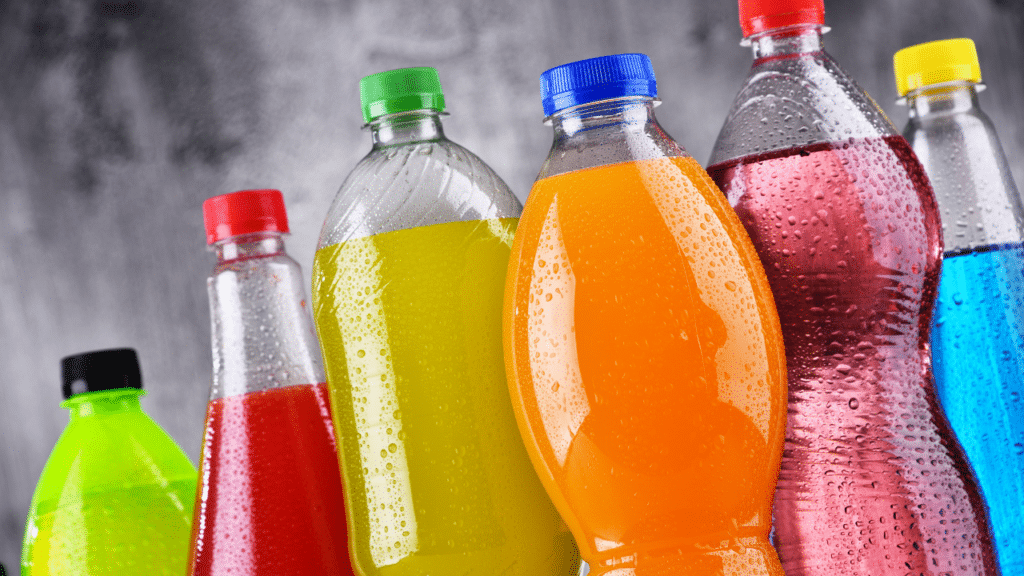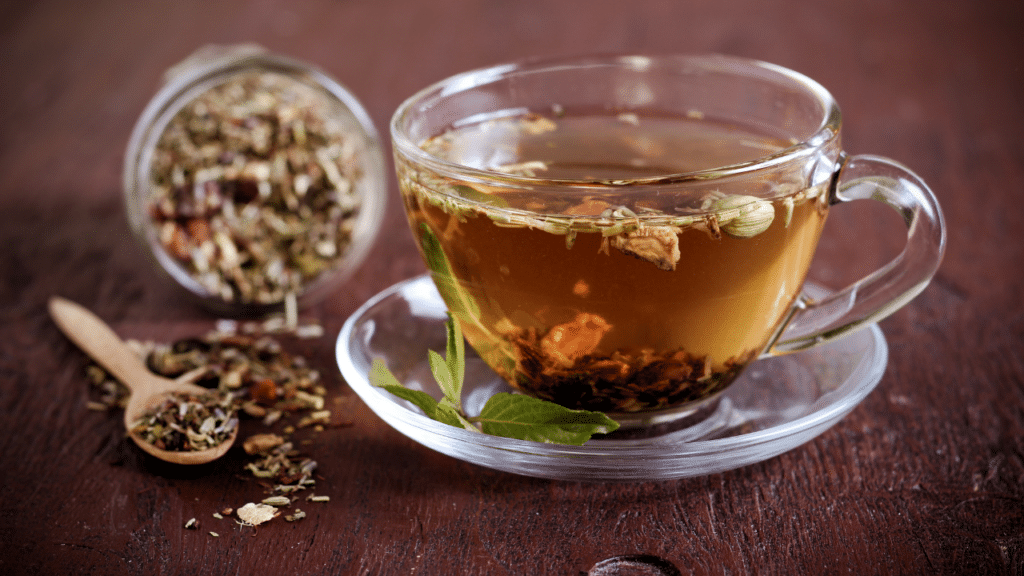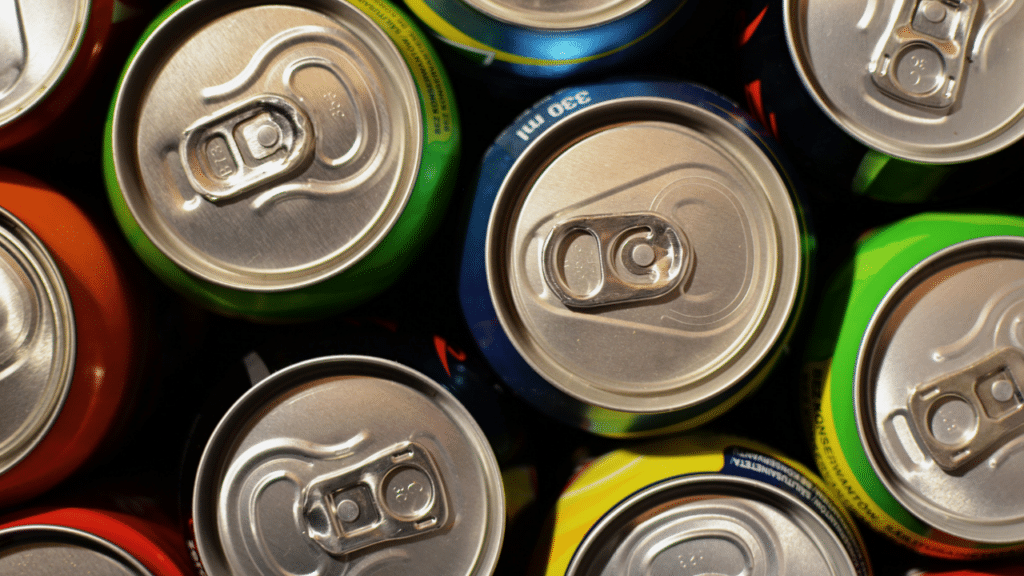Managing diabetes effectively means carefully selecting foods and beverages that can stabilize blood sugar levels and contribute positively to overall health. This guide provides essential insights into the types of drinks that help balance blood sugar and those that could disrupt it, ensuring you make the best choices for managing diabetes.

How Beverages Affect Blood Sugar
Beverages play a significant role in diabetes management, as some can lead to rapid blood sugar spikes while others support stable glucose levels. Health organizations like the American Diabetes Association (ADA) recommend sticking to drinks with minimal or zero calories to avoid unnecessary surges in blood glucose. Monitoring the carbohydrate content of beverages is key, as it can add up quickly and impact blood sugar control.

Top 5 Beverages to Support Diabetes Management
1. Water
Water is the ultimate choice for staying hydrated without adding calories or carbs, making it safe for blood sugar levels. Staying hydrated helps the body flush out excess glucose. The general recommendation for daily water intake is around 3.7 liters for men and 2.7 liters for women. To add flavor, try infusing your water with lemon, lime, or herbs like mint or basil.
2. Herbal Tea
Naturally free from carbs and calories, herbal teas—such as chamomile, hibiscus, or peppermint—offer an array of health benefits. These teas specifically are rich in antioxidants and can be enjoyed hot or cold. For best results, avoid adding sugar or sweeteners.
3. Green Tea
Green tea has been linked to benefits for blood sugar management, including improved insulin response and possibly reduced risk of type 2 diabetes. Research has shown that drinking green tea regularly may have protective effects, as noted in a study published in the Annals of Internal Medicine. It’s a good idea to drink it unsweetened to keep sugar intake in check.
4. Black Coffee
Studies suggest that moderate coffee intake may reduce the risk of developing type 2 diabetes, whether caffeinated or decaffeinated. However, adding sugar or high-calorie creamers should be avoided as they can elevate blood sugar levels.
5. Low-Fat or Skim Milk
Milk provides important nutrients, including calcium and vitamin D, which can benefit a balanced diet. Choosing low-fat or skim options keeps calorie and carbohydrate counts lower. Dairy alternatives like unsweetened almond or soy milk can also be good options, provided they are low in added sugars.

Drinks to Limit or Avoid
1. Sugary Sodas
Sugary sodas are one of the highest sources of added sugars with little to no nutritional benefit. A can of soda can contain large amounts of sugar and calories, potentially leading to rapid increases in blood glucose levels. For those managing diabetes, it’s best to swap sodas for healthier drinks like water or unsweetened teas, as research has shown that sugary beverages increase diabetes risk.
2. Fruit Juices
Although natural fruit juices offer vitamins, they are high in sugars and lack the fiber that helps slow sugar absorption. Limit servings to about 4 ounces and opt for 100% juice with no added sugars. Diluting juice with water can also help keep sugar intake manageable. For a healthier choice, select juices that are lower in added sugars.
3. Energy Drinks
Energy drinks often combine high levels of caffeine with sugars, leading to potential blood sugar spikes and blood pressure increases. These drinks may also contribute to insulin resistance over time. Healthier hydration options are usually a better choice.
4. Alcoholic Beverages
Alcohol has varied effects on blood sugar; it can both raise and lower glucose levels depending on the type and amount. Some alcoholic drinks also contain carbs, which can impact blood sugar. People with diabetes are encouraged to consult with their doctor about safe drinking guidelines and monitor blood sugar closely if consuming alcohol.
5. Diet Sodas
While diet sodas have fewer calories, some research suggests that artificial sweeteners may impact insulin response or gut health. Studies indicate that certain artificial sweeteners could contribute to glucose intolerance by altering gut bacteria. While more research is needed, it’s wise to drink diet sodas in moderation.

Tips for Making Healthier Beverage Choices
• Read Nutrition Labels: Check for sugar and carbohydrate content, even on beverages marketed as “healthy.”
• Be Mindful with Sweeteners: Consider natural options like stevia, but avoid relying heavily on artificial sweeteners.
• Watch Serving Sizes: Even nutritious drinks can add up in calories and carbs if consumed in large amounts.
• Stay Hydrated with Water: Prioritizing water supports overall health and helps keep blood sugar stable.
• Consult Healthcare Professionals: Speak with a dietitian or healthcare provider about which drinks are best suited to your specific health needs.
By carefully choosing beverages that support blood sugar balance, individuals with diabetes can maintain their health while enjoying a variety of drink options. Always consider the nutritional content of beverages and consult healthcare professionals for personalized advice.

